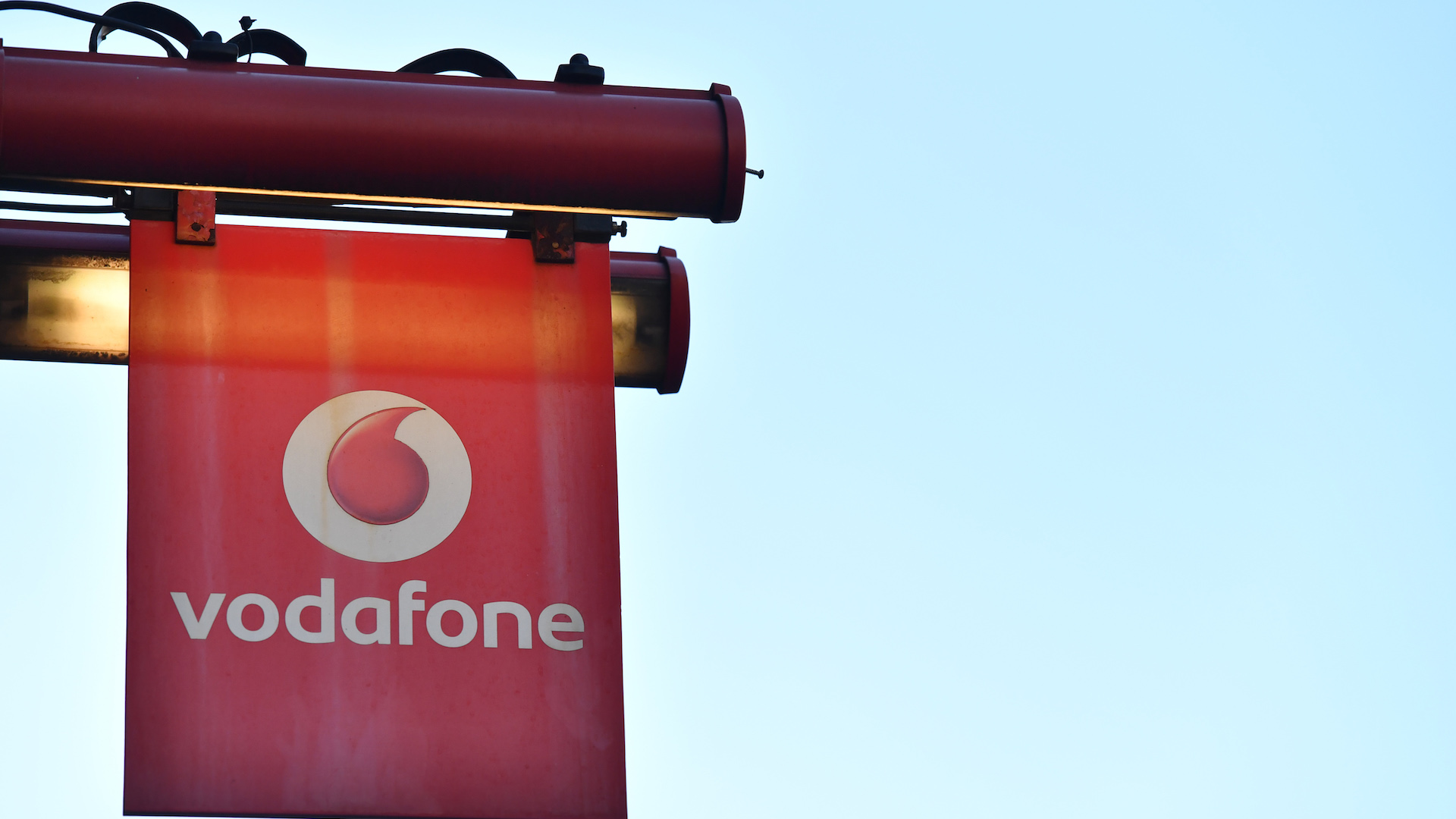

European telecom Vodafone is testing technology that would allow authorities to track and ground rogue unmanned aerial vehicles amidst growing security concerns caused by an increase in drone-related accidents and security breaches.
While we’ve reported on a variety of downing and grounding methods before, the modern rise in drone affordability is correspondingly intensifying innovation in the anti-drone tech sector.
According to The Guardian, Vodafone’s testing trials, currently based in Spain and Germany, are largely rooted in the need to protect commercial aircraft, no-fly zones, and other critical infrastructure.
We’ve seen drones interfere with the integrity of airports before, for example, when someone collided a drone with a plane attempting to land in Québec. Drug trafficking via drone has been another motivating factor in developing reliable tracking tech like this. Corporations and institutions are quickly realizing that safeguards against unwelcome UAVs should ideally be put in place before drones become ubiquitous as opposed to dealing with the inevitable problem later.
The tech being tested is intended to track small commercial drones that literally fly by the radar. In other words, the system would act as an air traffic control for UAVs. As Europe is planning on consolidating its autonomous drone laws by 2019, it’s certainly high time to establish reliable, preventative methods against any potentially dangerous, unidentified UAVs entering critical airspace. The telecom giant is reportedly working alongside the European Aviation Safety Agency, the institution responsible for establishing this cohesive set of drone regulations for European airspace.
“This will help to ensure the skies stay safe as drones become ubiquitous, everywhere,” said group chief technology officer at Vodafone, Johan Wibergh.
While the attention here is on UAVs, the specific focus is primarily larger, non-consumer drones. This alliance is more concerned with drones that can carry significant payloads. Last year’s preliminary trial in Spain saw Vodafone’s 4G network SIM cards capable of tracking and commandeering drones as heavy as 4.4 pounds with a wingspan of 4.3 feet. The tech could track those types of UAV accurately, in real-time, within 164 feet. Naturally, Vodafone is eager to finalize this software by next year, when Europe’s governments and institutions plan on being prepared for a sky full of drones.